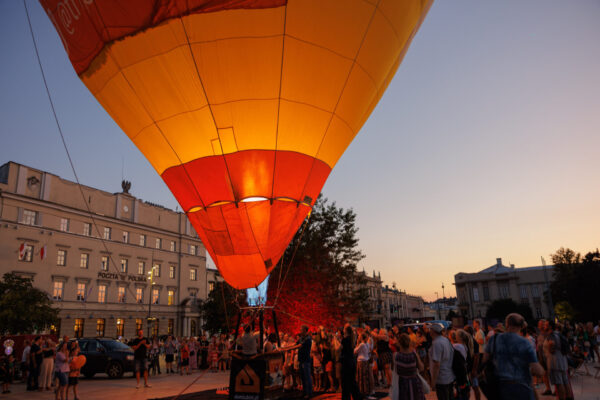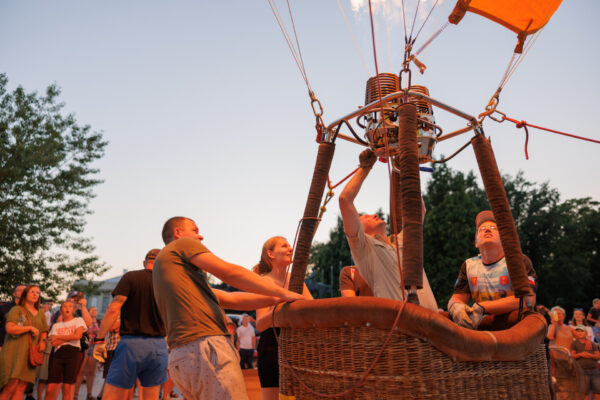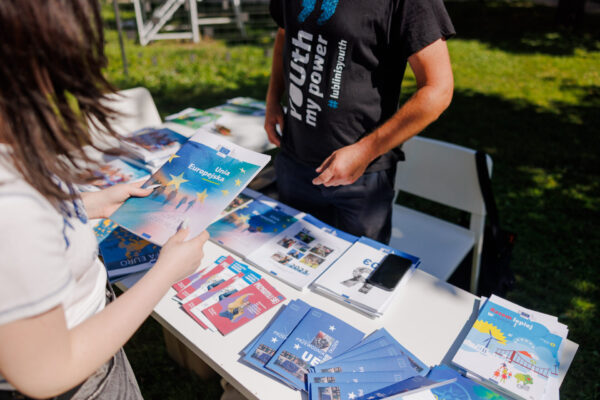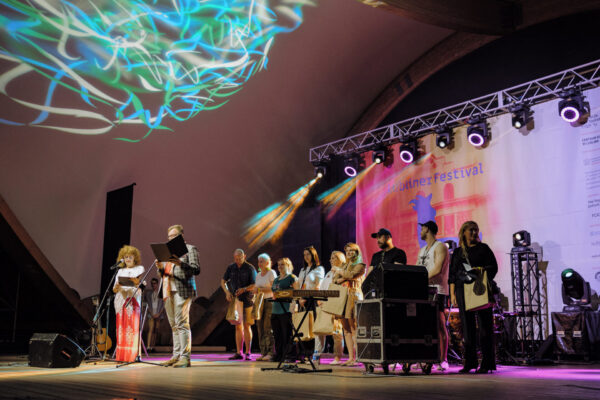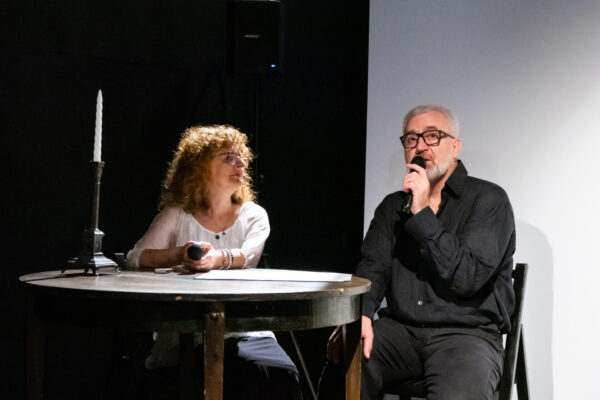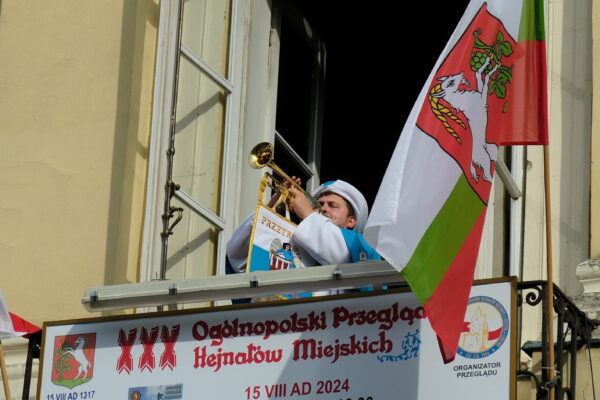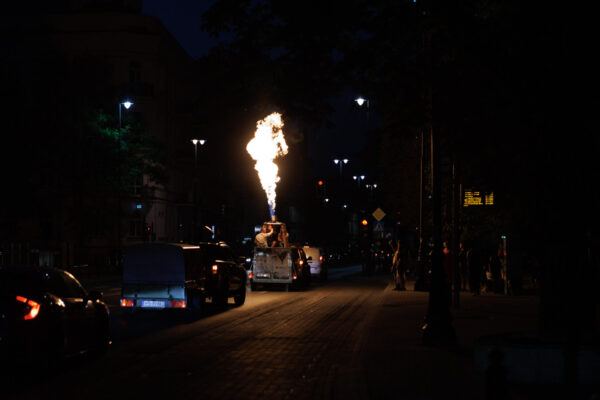In mid-August, Lublin celebrates the anniversary of the granting of city rights by Władysław Łokietek. The participation in the competition for the European Capital of Culture gave this year’s celebrations a special character. It encourages reflection on the city’s history, looking into the future, and taking on contemporary challenges.
The celebration of the 707th birthday began on August 12, on International Youth Day. The Creative Relaxation and Youth Information Zone “Chill & Charge” was created in Litewski Square. Young residents could relax on deckchairs and hammocks. It was also an opportunity to meet experts from the Youth Information and Development Centre, Eurodesk Lublin, Europe Direct Lublin, and representatives of the Youth Space. The event called #ESMactive was an outcome of the European Youth Capital 2023, and a part of the implementation of Lublin’s youth policy.
The 2nd edition of the Hot Air Balloon Fiesta provided a unique setting for the city’s birthday celebrations. The organizers offered animations and games, a night ride with burners, and flights over the city.
Those who set out on thematic walks could learn about the history of Lublin and the people related to the city. The first walk concentrated on the figure and works of Julia Hartwig. Participants visited places associated with the poet and the Hartwig family. The Guides of Inspiration hosted planned walks under the slogans: “Let’s brag about Lublin”, “Lublin, all the best!” and “Before Lublin was born…”.
Over the centuries Lublin drew from diverse traditions to build its identity. This was reflected during two festivals – the Lubliner Festival, presenting Jewish culture, and Re:tradition – Jagiellonian Fair, devoted to music and traditional crafts.
The program also included the National Competition of Budge Calls. This year the 30th- anniversary edition of this unique event popularizing city bugle calls, which are an important element of various cities’ identity. In the case of Lublin, the tradition dates back to the 16th century.
